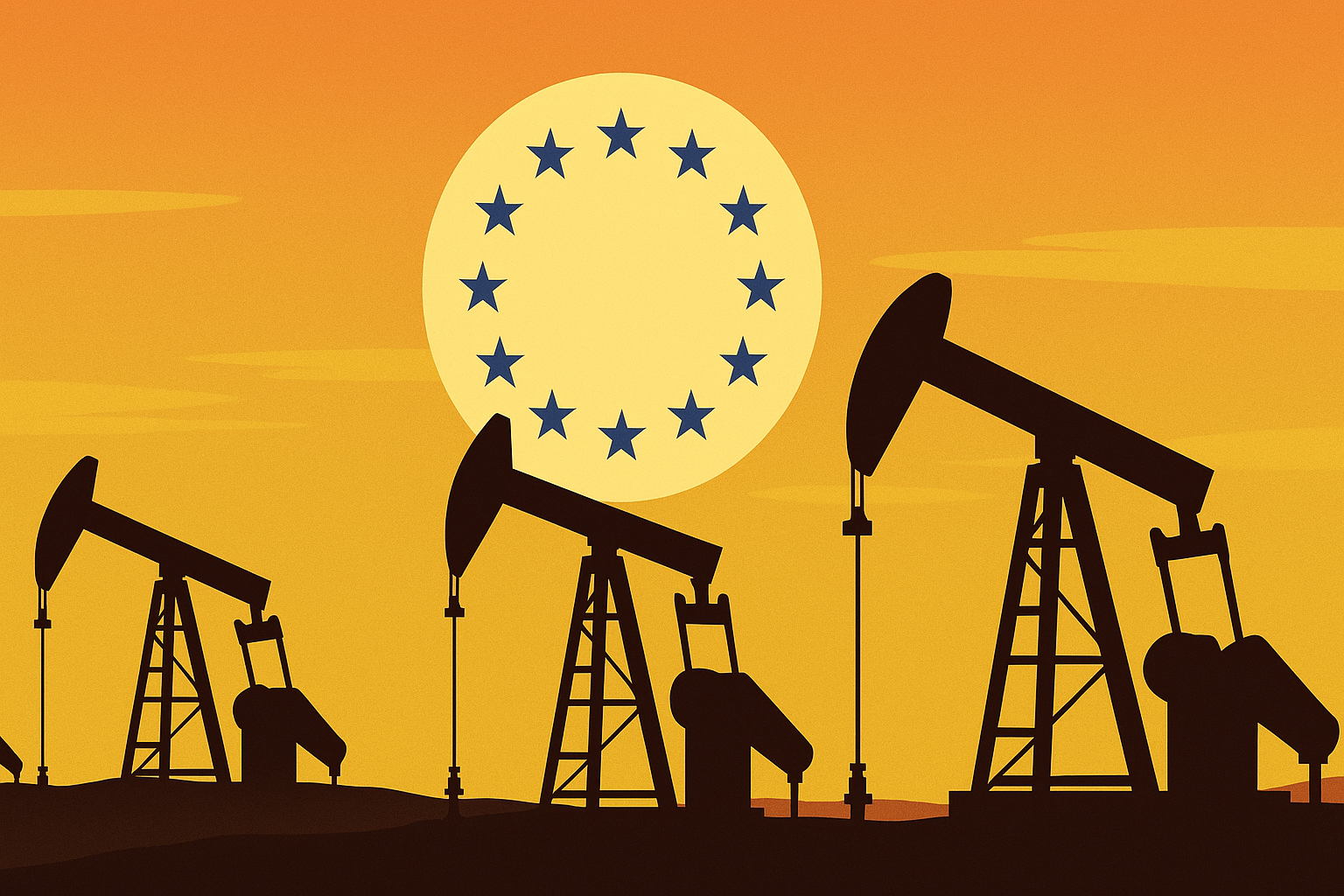The Opec+ alliance has announced plans to pause its oil production increases early next year in response to growing warnings of a potential global supply glut.
Production Pause After December Increase
In a statement on Sunday, eight members of the producers’ group — led by Saudi Arabia and Russia — confirmed they will proceed with a modest output increase of 137,000 barrels per day (b/d) in December 2024 but will suspend further hikes in January, February, and March 2025.
The group attributed the pause to “seasonality,” noting that oil demand typically weakens in the first quarter as winter holidays end and refineries enter maintenance cycles.
Market Reaction and Price Impact
The decision prompted a mild rebound in oil markets. On Monday, Brent crude rose 0.8% to $65.28 per barrel, while West Texas Intermediate (WTI), the U.S. benchmark, climbed 0.8% to $61.44.
Despite production expansions totaling 2.91 million b/d this year — roughly 2.7% of global oil demand — Opec+ has slowed its pace in recent months amid rising concerns about oversupply.
Energy analysts view December’s small increase as a cautious move, reflecting Opec+’s uncertainty about the impact of new U.S. sanctions on Russian oil exports.
Sanctions and Oversupply Risks
In late October, Washington imposed sanctions on Russia’s two largest oil producers, Rosneft and Lukoil, and introduced secondary sanctions targeting financial institutions that transact with them.
Initially, oil prices had dipped to a five-month low of around $60 per barrel before rebounding above $65 after the sanctions were announced.
Research firm Energy Aspects estimates that 1.4 million to 2.6 million b/d of Russian crude could eventually be affected, particularly impacting Indian imports. However, many market observers remain skeptical that Moscow’s oil exports will face major disruptions, given the extensive alternative trading networks Russia has built since 2022 to circumvent Western restrictions.
Industry Perspectives
Wael Sawan, CEO of Shell, recently warned that “there is a credible scenario of oversupply in the market next year,” reflecting a growing industry consensus that the balance between production and demand may become increasingly fragile.
Jorge León, head of geopolitical analysis at Rystad Energy, said the real effects of the sanctions are still unclear:
“Crude export numbers look steady because that crude was produced a month ago. In reality, exports will start showing some signals in three to four weeks,” he noted.
León added that Opec+’s move to pause output increases was “a calculated adjustment” in light of the market’s volatility.
“Sanctions on Russian producers have injected a new layer of uncertainty into supply forecasts, and the group knows that overproducing now could backfire later,” he said.
Outlook
The pause underscores Opec+’s delicate balancing act between stabilizing oil prices and managing geopolitical risks. With global demand growth expected to slow and new sanctions clouding the outlook for Russian exports, the alliance appears determined to avoid flooding the market — even if it means sacrificing short-term gains in production.








